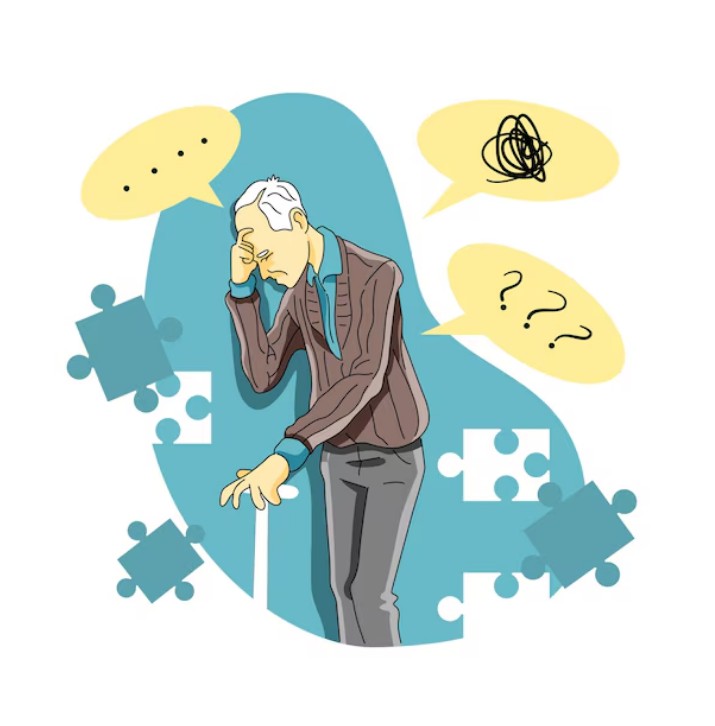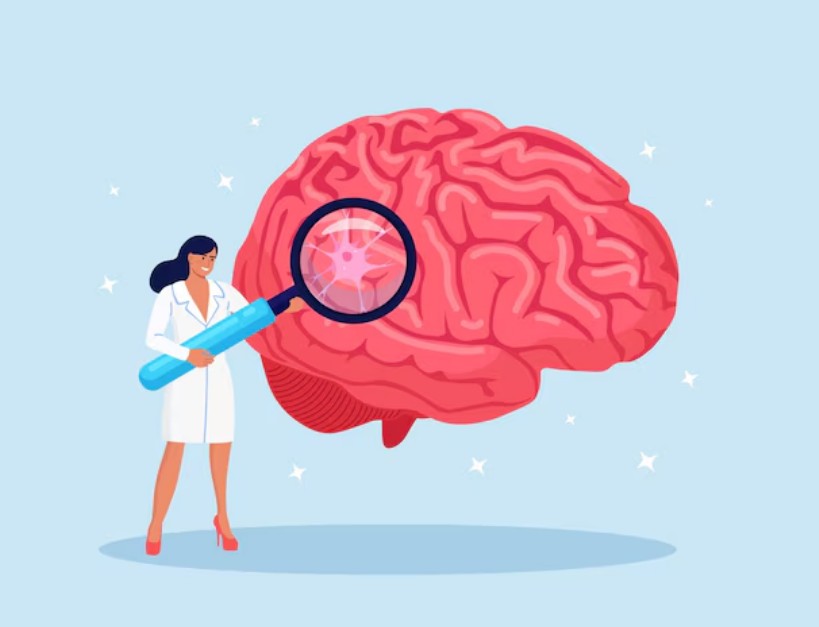-1755512479994.webp)
'My Mother Didn’t Recognise Me Yesterday': Navigating the Hardest Moments of Dementia Care
Few moments in dementia care carry more emotional weight than hearing: “My mother didn’t recognise me yesterday.” It’s a profound form of ambiguous loss; the person you love is physically present, yet their recognition and shared history seem to have faded. This isn’t just emotionally disorienting; it’s a reflection of how dementia changes the brain.
This article is authored by Neha Sinha, Dementia Specialist, CEO & Co-Founder, Epoch Elder Care

Why Dementia Affects Recognition and Memory
Dementia is a progressive disorder that targets several areas of the brain, impairing behaviour, perception, thinking, and memory. Of the areas involved, the temporal lobes and the hippocampus play a crucial role in facial recognition and the storage of autobiographical memory. The brain can still analyse a face but struggles to match it with the correct memory as the illness advances because the neural pathways responsible for linking visual knowledge with stored identity weaken.
This is the reason that a parent will recognise their child as a younger version of themselves, mistake them as a relation, or regard them as a friendly acquaintance. Episodic and semantic memory breakdown, while emotional memory, the capacity to feel familiarity, comfort, and belief, tends to be retained longer.

Common Behavioural Shifts in Dementia
Memory loss is only one facet of dementia. Families may also encounter:
1
2
3
4
- Disinhibition: Saying or doing things without social filters, such as making blunt remarks or inappropriate gestures. This occurs when dementia affects the brain’s frontal lobes, which regulate impulse control.
- Agitation or aggression: Outbursts can arise from fear, frustration, physical discomfort, or environmental triggers. They are often expressions of unmet needs rather than deliberate behaviour.
- Apathy: Withdrawal from activities once enjoyed, linked to changes in motivation pathways in the brain.
These behaviours, though challenging, are symptoms of the disease, not a reflection of the person’s character. Recognising this helps shift blame away from the individual and towards the condition.

How to Respond When a Loved One Forgets You
The instinct to correct “It’s me!” can cause anxiety if the brain can’t retrieve the memory. Instead, approaches like validation therapy encourage joining the person’s reality rather than forcing them into ours.
Evidence-Based Strategies for Dementia Care
Prioritise emotional connection over factual accuracy: A light touch on the arm, a calm tone, or eye contact can reduce distress.
- Leverage reminiscence therapy: Music, photographs, familiar scents, or tactile objects can engage less-affected brain regions and spark comfort.
- Respond, don’t react: In moments of aggression, step back, identify potential triggers, and re-approach with a soothing presence.
- Preserve dignity: Even without recall, maintain& respect agency, and adult-to-adult communication.
Don't Miss: Stress Urinary Incontinence in Women: When Leaks Lead to Anxiety and Fear
Finding Connection Beyond Memory Loss
Shared rituals like making tea, listening to a favourite song, or walking in a garden can stimulate the limbic system, fostering a sense of safety without relying on explicit memory.
Music is particularly powerful. The auditory cortex and brain regions linked to musical memory often remain active into late stages. A beloved bhajan or film song can evoke emotion even when speech has diminished.

Redefining Love and Presence in Dementia Care
The journey demands shifting from expecting to be remembered to focusing on being felt. In our homes, we often see residents respond not because they “know” who has arrived, but because they recognise the feeling of safety, comfort, and love associated with that person.
In dementia care, love is not measured by the accuracy of memory, but by the warmth of the moment. You create moments that live on in the emotional fabric of their being, even when the details have faded.
Don't Miss: 4 Safe Breathing Techniques To Control High Blood Pressure As Per Expert-Suggested
Keep reading Herzindagi for more such stories.
Image Courtesy: Freepik
1
2
3
4